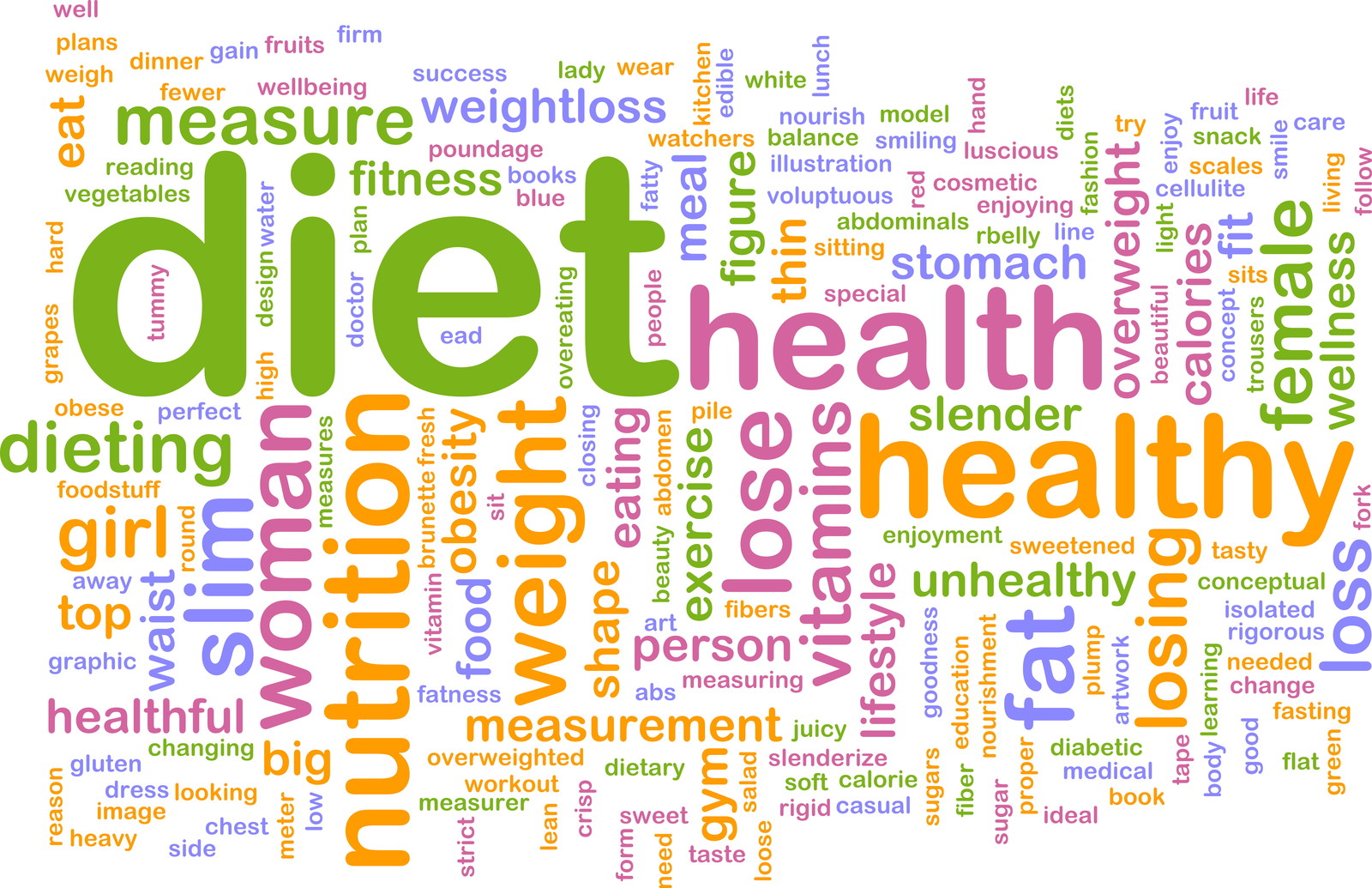[ad_1]
Researchers set out to compare the effectiveness of two different weight loss plans available to everyone. The two plans included a low carbohydrate diet and a low fat diet plus Orlistat. Orlistat is a drug designed to prevent the absorption of dietary fat, such as the brand names include Xenical and Alli.
Participants were selected at the Department of Veterans Affairs primary care clinics. The 146 participants received instructions and followed either a low carbohydrate diet or a low fat diet with Orlistat and were monitored for 48 weeks. Some of the factors researchers monitored included body weight, blood pressure, fasting serum lipid, and blood sugar levels.
Study results found weight loss to be similar between the two groups at approximately 9% body weight. Researchers found the low carbohydrate diet resulted in a lower blood pressure for participants when compared to the low fat diet with Orlistat. The low carb diet lowered systolic blood pressure on average 5.9 mm Hg and diastolic blood pressure 4.5 mm Hg.
Triglycerides and HDL cholesterol improved for individuals on each diet, while LDL cholesterol improved only for those on the low fat plus Orlistat diet. Glycemic parameters, such as glucose, insulin, and hemoglobin A1C only improved for low carbohydrate diet participants … although the difference between groups was not significant.
Researchers have also analyzed the DASH (Dietary Approaches to Stop Hypertension) Diet alone and when combined with an exercise and weight managements plan and the effect on blood pressure. When the DASH Diet was combined with a weight management and exercise plan it resulted in a 16.1 mm Hg reduction in systolic blood pressure versus an 11.2 mm Hg drop with the DASH diet alone. The average weight loss over a 4 month period for individuals following the DASH diet with an exercise / weight management plan was 19 pounds versus less than 1 pound for the diet alone.
A third option evaluated is an Internet weight-management program versus a physician-managed program. This study followed obese individuals and included a liquid diet component, structured diet, behavioral counseling, and diet medications. Results show the intensive physician-managed program to be more successful with 31 percent of participants losing more than 5 percent of their body weight versus just 9 percent of the Internet group.
When it comes to losing weight on your journey to blood pressure control, what's most important is you pick a plan and stick to if for the long term if you want consistent results.
[ad_2]
Source by Lisa Nelson
